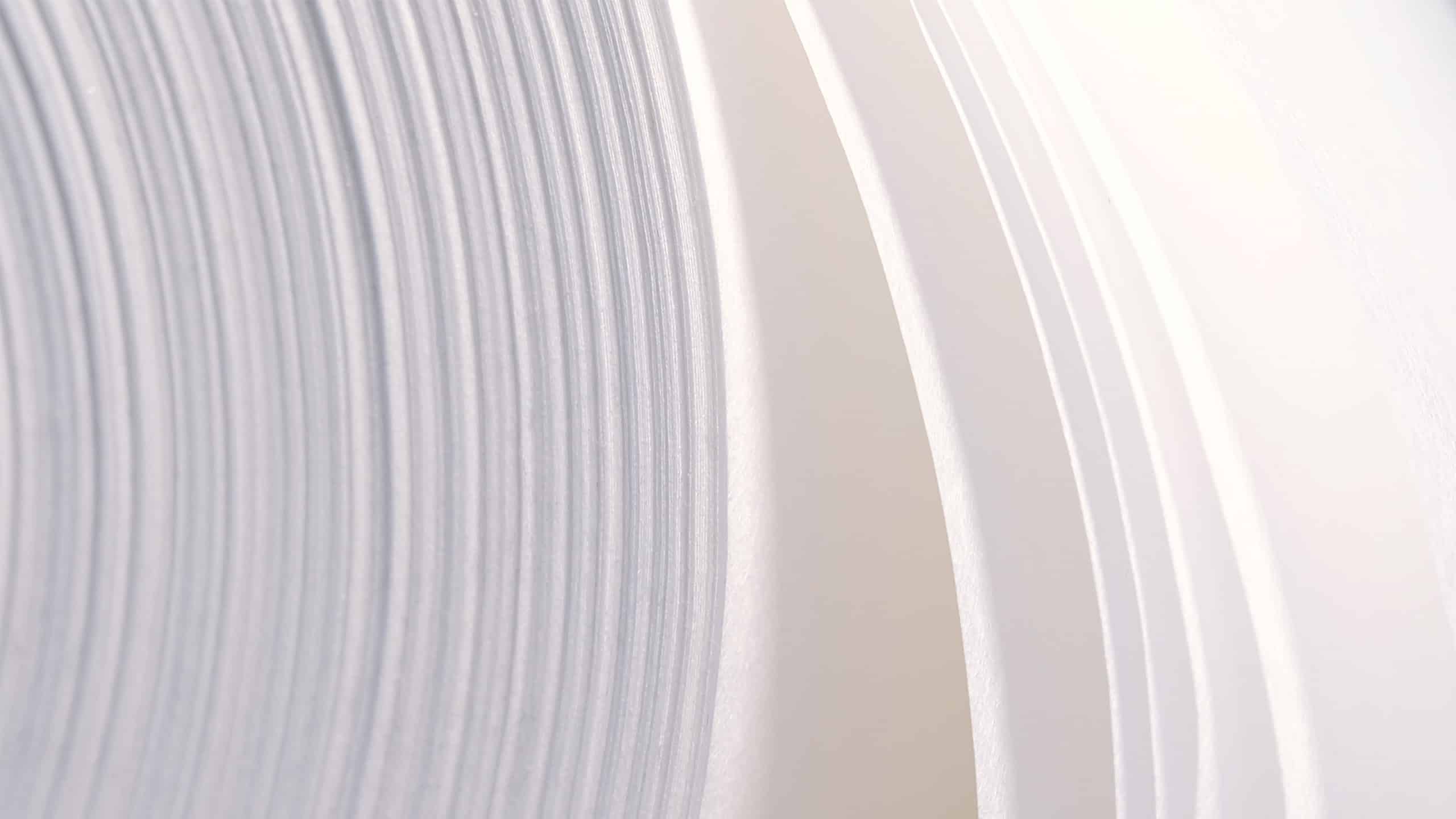The impact of recyclable carrier bags on the environment

Understanding Recyclable Carrier Bags
Recyclable carrier bags are a vital component of contemporary packaging solutions, engineered for effective reuse and recycling. These bags are typically produced from materials such as paper, plastic, or innovative alternatives like fibre-based solutions. The importance of recycling is underscored by its capacity to diminish waste, conserve resources, and lessen environmental impact. By opting for recyclable carrier bags, consumers and businesses contribute to a circular economy where materials are continually repurposed rather than discarded, aligning with the principles advocated by the Confederation of European Paper Industries (CEPI).
Fibre-based solutions, particularly those developed in collaboration with CEPI, provide a sustainable alternative to traditional carrier bags. These materials originate primarily from renewable wood fibres sourced from sustainably managed forests. Sustainable forest management, as outlined by CEPI, ensures that forests continue to deliver ecological, social, and economic benefits. This approach not only supports biodiversity but also aids in reducing carbon footprints by maintaining forest health and productivity. By incorporating fibre-based solutions into carrier bags, we pave the way for a more sustainable future.
Environmental Benefits of Fibre-Based Materials
Fibre-based materials used in carrier bags confer numerous environmental benefits. A major advantage is their potential to be sourced responsibly from sustainably managed forests, as emphasized by CEPI. These forests are managed to preserve their biodiversity, productivity, and ecological processes, ensuring that they remain resources for future generations. By sourcing materials from these forests, we promote responsible forestry practices and support global efforts to mitigate climate change.
Additionally, fibre-based materials have a lower carbon footprint compared to conventional plastic bags. They are biodegradable, breaking down naturally over time, thus reducing waste accumulation in landfills. These materials are also renewable, continuously replenished through sustainable forestry practices. By choosing fibre-based carrier bags, companies can significantly lower their environmental impact while meeting consumer demands for eco-friendly products, as supported by data from the European Environment Agency (EEA).
Paptic’s Unique Approach to Sustainability
Our sustainability approach is grounded in innovation and responsibility. We have developed a distinct fibre-based material that combines the benefits of paper, plastic, and textiles. This innovative solution offers superior performance and functionality compared to traditional materials. Our materials are durable, flexible, and soft, enhancing user experience while being environmentally friendly.
We are committed to ensuring responsible fibre sourcing. Our primary raw material is wood from sustainably managed forests, helping us maintain a sustainable supply chain. Our commitment to environmental stewardship is reflected in our ongoing efforts to enhance our products and processes. By choosing our fibre-based solutions, companies can improve their sustainability image and contribute to a more sustainable future.
Challenges in the Recycling Process
While recycling fibre-based carrier bags poses certain challenges, these can be effectively addressed through innovation and collaboration. A common issue is the separation of materials during recycling, which can be complicated if bags contain multiple types of fibres or coatings. However, our solutions are designed to be easily recyclable alongside packaging papers and cardboard, simplifying the recycling process.
We play a crucial role in tackling these challenges by continually researching and developing new materials and processes that enhance recyclability. Our commitment to sustainability propels us to seek improvements that make recycling fibre-based carrier bags more efficient and accessible. By collaborating closely with industry partners and stakeholders, we strive to overcome recycling obstacles and promote a circular economy, as highlighted by CEPI and other sustainability advocates.
Future of Recyclable Carrier Bags
The future of recyclable carrier bags is promising, with ongoing innovations in materials and processes leading the charge. As sustainability becomes a top priority for consumers and companies alike, the demand for eco-friendly packaging solutions is expected to surge. We foresee a future where fibre-based materials, supported by organizations like CEPI, dominate the packaging industry, offering a viable alternative to traditional plastics.
Our vision for the future involves continuous advancements in material technology, ensuring that our solutions remain at the forefront of sustainability. We aim to lead the industry in developing new, innovative materials that not only are environmentally friendly but also meet the functional needs of modern consumers. By prioritizing sustainable practices and responsible sourcing, we are committed to driving change and inspiring others to adopt more sustainable packaging solutions, as envisioned by CEPI.
